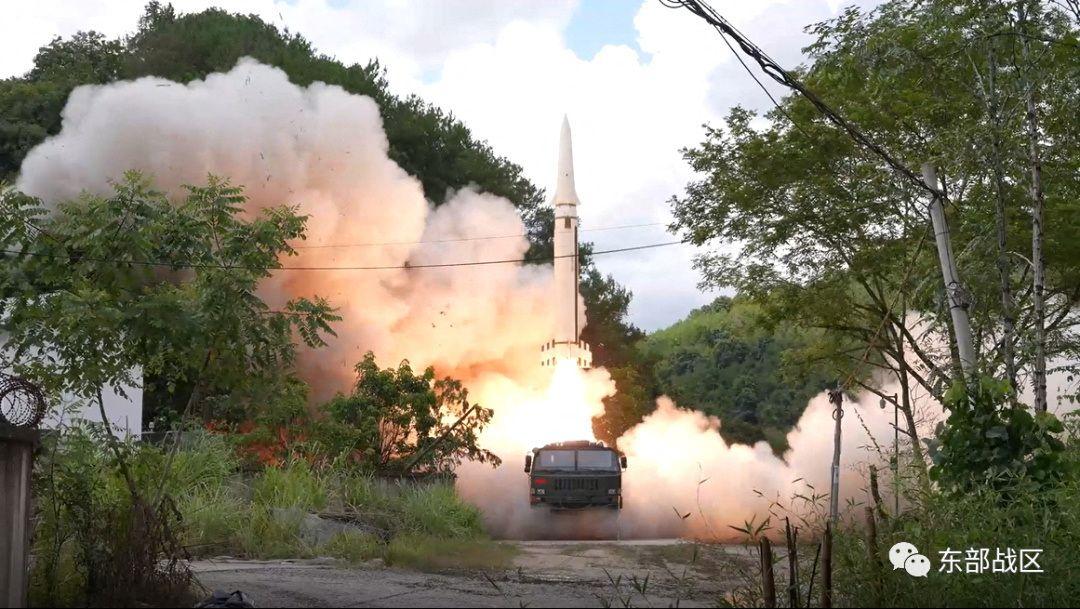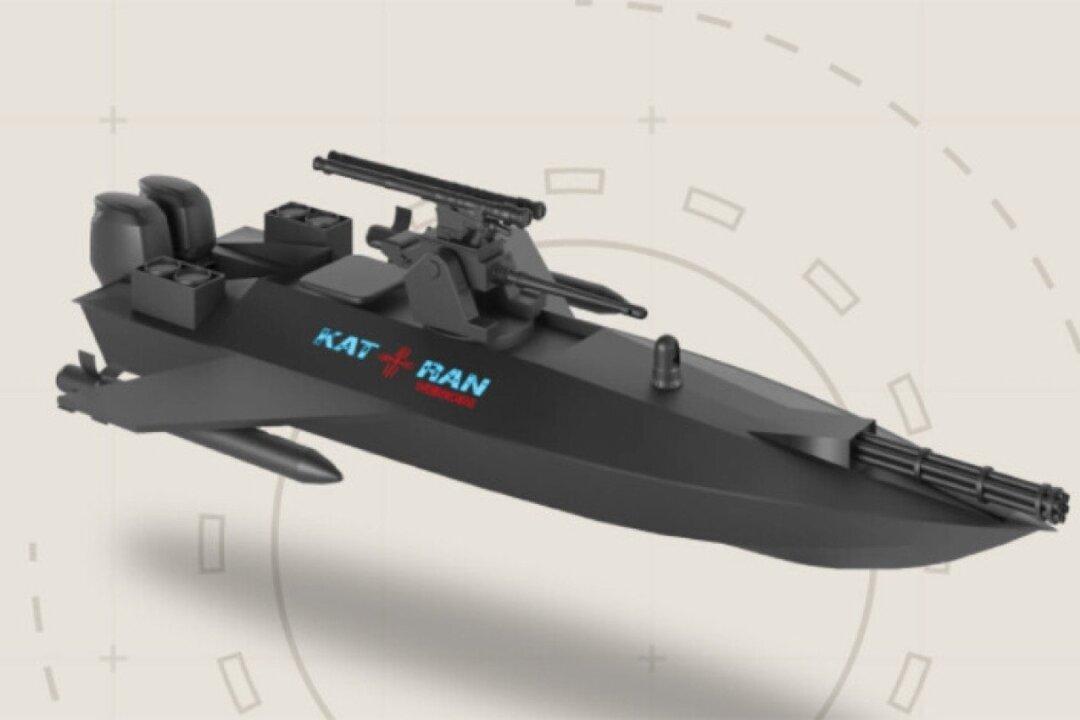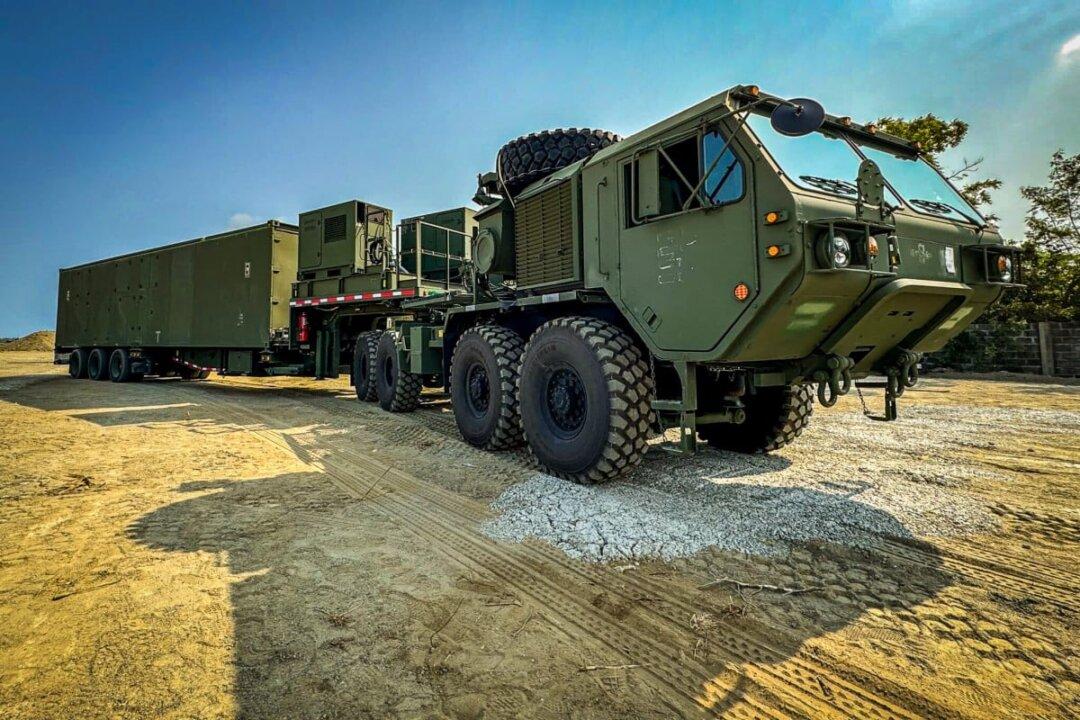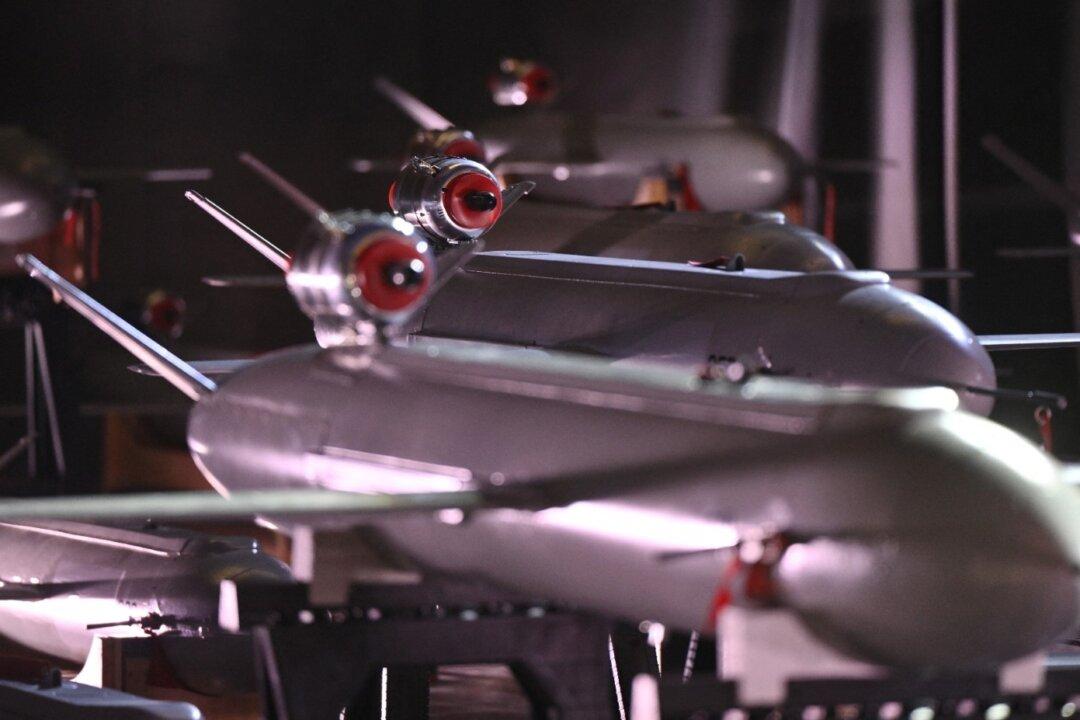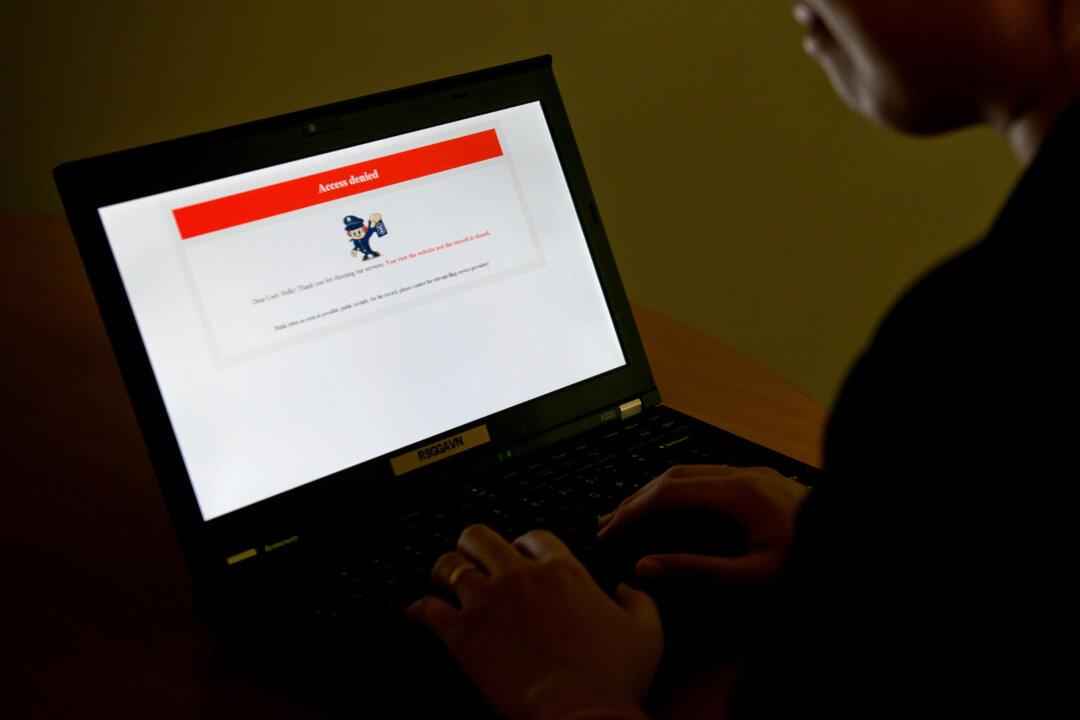The year 2023 was marked by an array of provocative incidents by the Chinese Communist Party (CCP) in the Taiwan Strait and the Indo-Pacific region. Still, it is far from evolving into a real war as the CCP grapples with internal issues in the military, especially its Rocket Force.
During the latter half of this year, the CCP overhauled its military organs, with senior military officials having been investigated, gone missing, or died for reasons that have not been disclosed. This purge, to a large extent, reveals that the Chinese military is not equipped to provoke a modern high-end conflict despite the belligerent posture that the communist regime puts on display.
